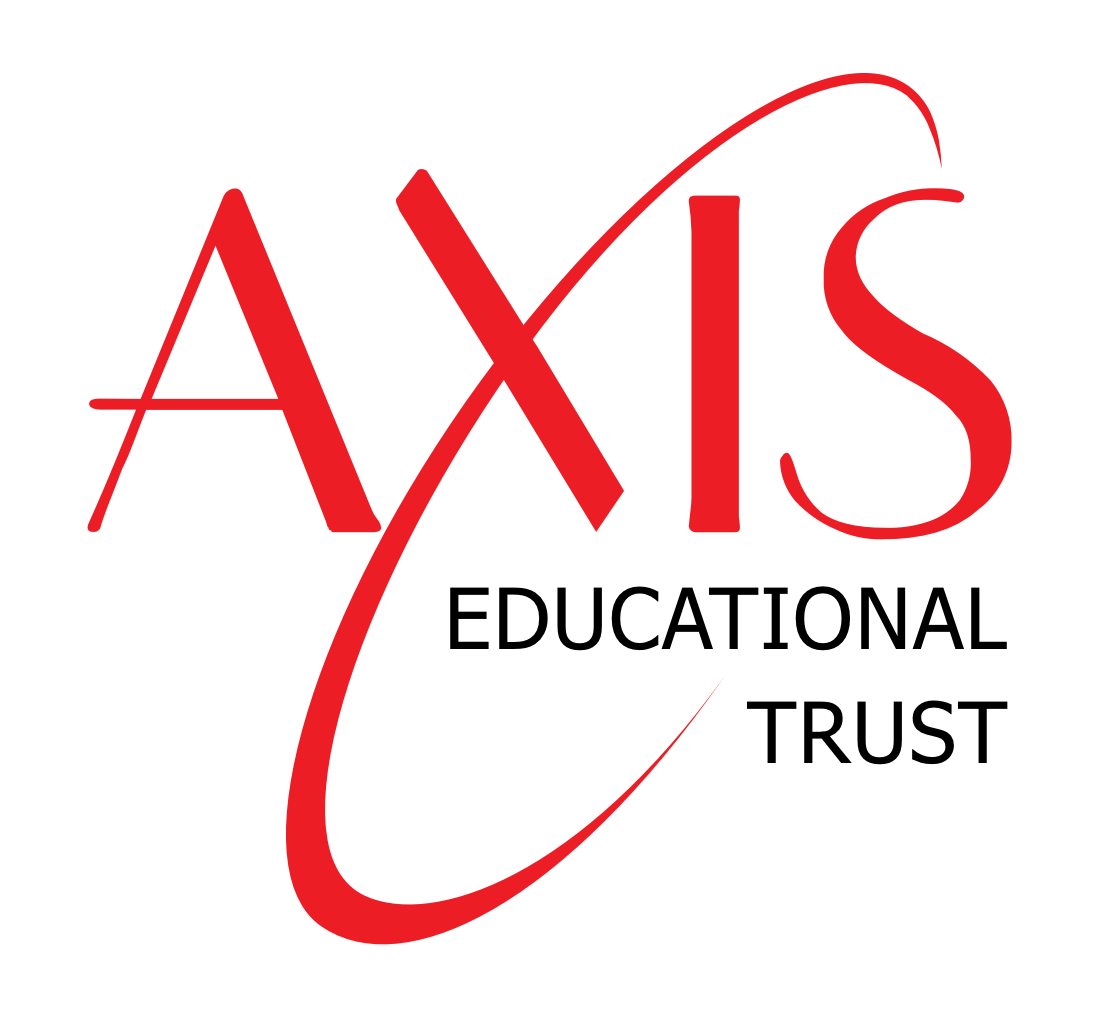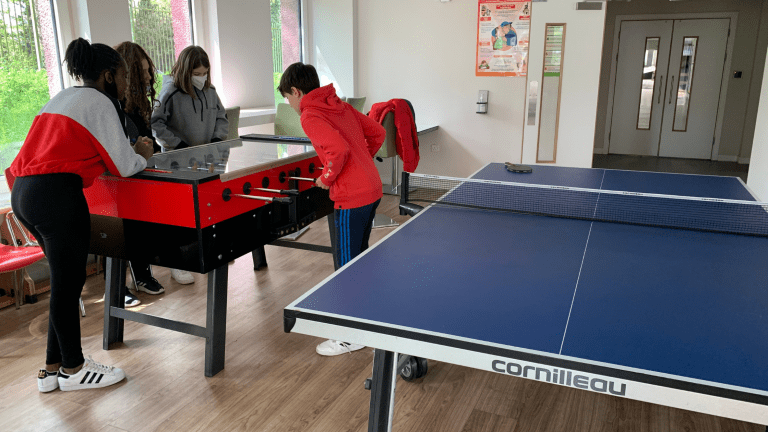Supplementary education combines a modernized approach to traditional teaching by focusing on the individual to produce more effective results. Alternative tuition methods are rising in popularity because of the fact that students are more likely to reach their academic goals with a bit of personalized assistance.
“Supplementary education can be defined as all out-of-school learning. Particularly classes focused on the provision of additional support for curriculum subjects including all languages, history and cultural enrichment activities such as faith, arts and sports.”
National Resource Centre for Supplementary Education
Whether you want to incorporate alternative teaching to existing studies or replace it, there are many benefits to supplementary education. Unlike mainstream alternatives, students can benefit from extra assistance in problem areas, meaning tutors can cater to the individual and ensure each subject is fully understood.
Supplementary education can also be extremely valuable for those trying to prepare and secure their place at a selective school as tutors will accommodate every learning need necessary; from entry requirements, to specialized curriculum. More beneficial reasons for implementing supplementary education include providing pupils with opportunities to develop self-confidence and higher aspirations, learning core content that may not be covered in regular schooling due to a variety of constraints that teachers regularly encounter, and research-based teaching strategies that create additional opportunities for those with learning difficulties.
Unlike school, supplementary education does not only convey to the traditional classroom settings, but it can also cover online classes and Saturday school when necessary. Less formal, and shorter, varying classes enable pupils to have a maximized capacity to both learn and focus, furthermore changing individual attitudes and approaches towards education. As we can see, traditional schooling methods have been badly affected by the pandemic and because of this, more schools implement online classes as an alternative. Teachers and governing bodies are now more open to a less structured curriculum and a have gained a new-found appreciation for supplementary education.




